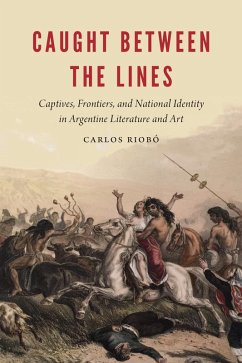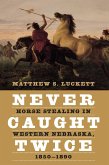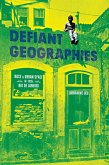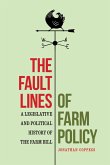Caught between the Lines examines how the figure of the captive and the notion of borders have been used in Argentine literature and painting to reflect competing notions of national identity from the nineteenth to the twenty-first centuries. Challenging the conventional approach to the nineteenth-century trope of "civilization versus barbary," which was intended to criticize the social and ethnic divisions within Argentina in order to create a homogenous society, Carlos Riobó traces the various versions of colonial captivity legends. He argues convincingly that the historical conditions of the colonial period created an ethnic hybridity-a mestizo or culturally mixed identity-that went against the state compulsion for a racially pure identity. This mestizaje was signified not only in Argentina's literature but also in its art, and Riobó thus analyzes colonial paintings as well as texts.Caught between the Lines focuses on borders and mestizaje (both biological and cultural) as they relate to captives: specifically, how captives have been used to create a national image of Argentina that relies on a logic of separation to justify concepts of national purity and to deny transculturation.
Dieser Download kann aus rechtlichen Gründen nur mit Rechnungsadresse in A, B, BG, CY, CZ, D, DK, EW, E, FIN, F, GR, HR, H, IRL, I, LT, L, LR, M, NL, PL, P, R, S, SLO, SK ausgeliefert werden.









